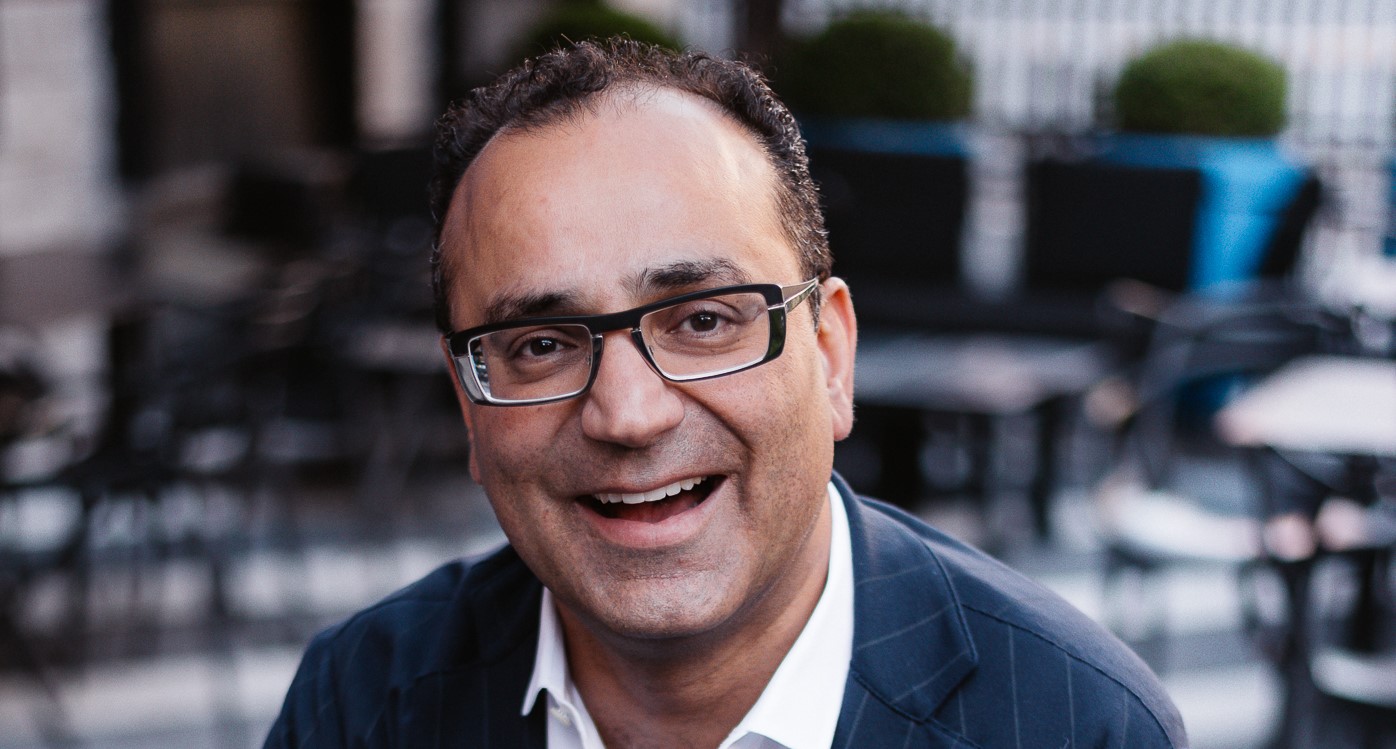Soon after 9/11, a sign appeared on the lawn of one of our neighbours in Edmonton. It had an arrow emblazoned on it, pointing to my parents’ house: “Osama bin Laden lives closer than you think.”
We lived at the end of a quiet cul-de-sac; no one would see the sign, except the few families around. It was an intimate and personal message from a neighbour we knew and had broken bread with.
Almost a century of family history in Canada didn’t protect us from this othering and scapegoating. My great-grandfather arrived in the 1920s, joining other Lebanese immigrants who succeeded as merchants in the fur trade. To him, despite its harsh winters, Alberta was a land of opportunity that embraced him and his community.
In fact, that small community built the first mosque in Canada, in Edmonton in 1938, with the help of their Jewish and Christian neighbours. It was truly the first little mosque on the prairie, which represented the country we all believe in. A country where we say “please” and “thank you” and stand in line. A country where we respect and expect respect in return.
Stories are powerful things. As I learned 20 years ago, they can turn a neighbour into an enemy overnight. But this is a much older, timeworn lesson. Throughout history, societies have looked for scapegoats when times get tough, proclaiming things will get better if we just get rid of X, Y, or Z.
And, as Jews so well know, it isn’t hard for these sentiments to morph into large-scale delusion. Even today.
As one of the most diverse and educated nations on Earth, Canada is uniquely poised to capitalize on the modern technology-enabled global economy. The “Global Village” that Marshall McLuhan envisioned more than 50 years ago has gotten much smaller. Technology, travel and immigration have brought people of different backgrounds together like never before. At the same time, many of the risks we face are mutual: the COVID pandemic has reminded us how connected we are; climate change is gradually having the same effect.
But we also see storm clouds gathering that threaten to divide us. Here in Canada, we must always resist them. Anything less is a betrayal to the promise we make to our children. We must insist this country be a place where we build one another up rather than tear one another down.
What can we do when we see something we love in jeopardy? What’s the best way to protect our country and its ideals? Throughout time, one way people have done this is with storytelling.
My own story is about Canada—told through an unfamiliar lens of the Muslim experience over the last century, but it portrays a journey familiar to us all. It’s the story of opportunity and of crisis, like so many, that emphasizes why Canada must remain a country that protects our places in spaces so we can all continue to belong. As history has taught us, we can all become The Other in an instant when stories and narratives around us change.
Previous generations did not live with the breadth and depth of interconnection we now consider a normal part of our daily lives. There’s no going back to the horse and buggy era. Today, truly no man is an island—we no longer have the luxury of ignoring one another, whether we are talking about the spread of a virus or the critical supply chains that bring products to our doorsteps.
Our collective wellbeing is only as strong as humanity’s weakest link. Today, humanity is our tribe. Let’s tell this 21st century story and open the most prosperous chapter yet. Then we can really say we left them better than we got, which is the goal of every parent to pass to their children.
We’ve got a clear path to an open net. Let’s not miss the goal.
Dany Assaf is a lawyer at Torys LLP in Toronto. His first book, Say Please and Thank You and Stand In Line: One man’s story of what makes Canada special, and how to keep it that way, is out this week from Sutherland House.
